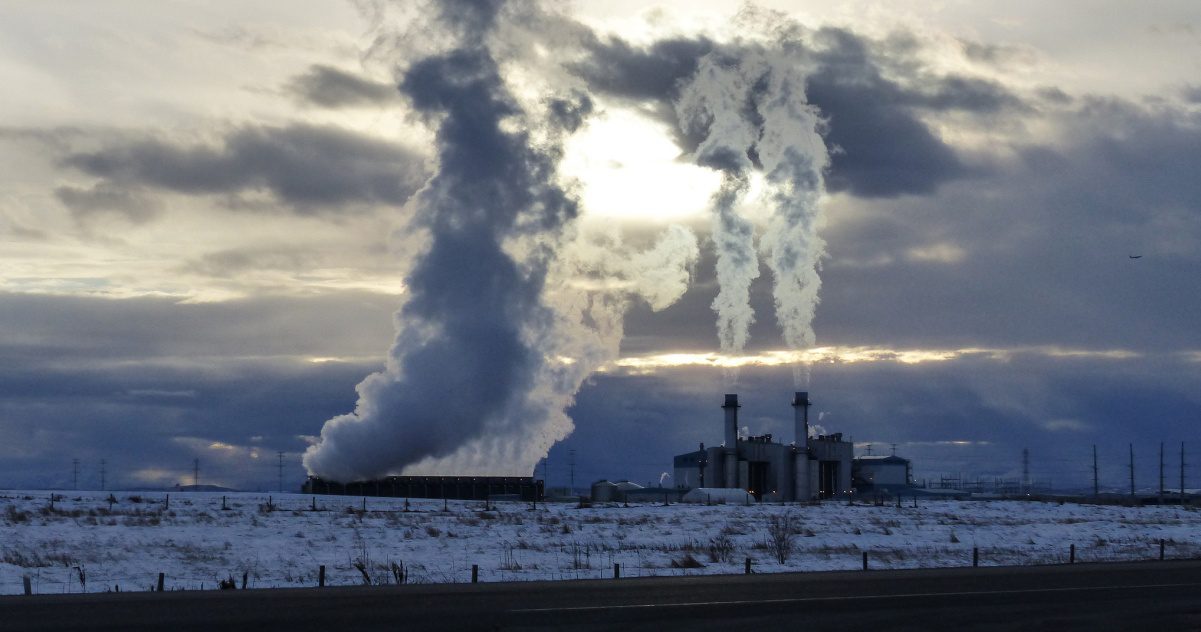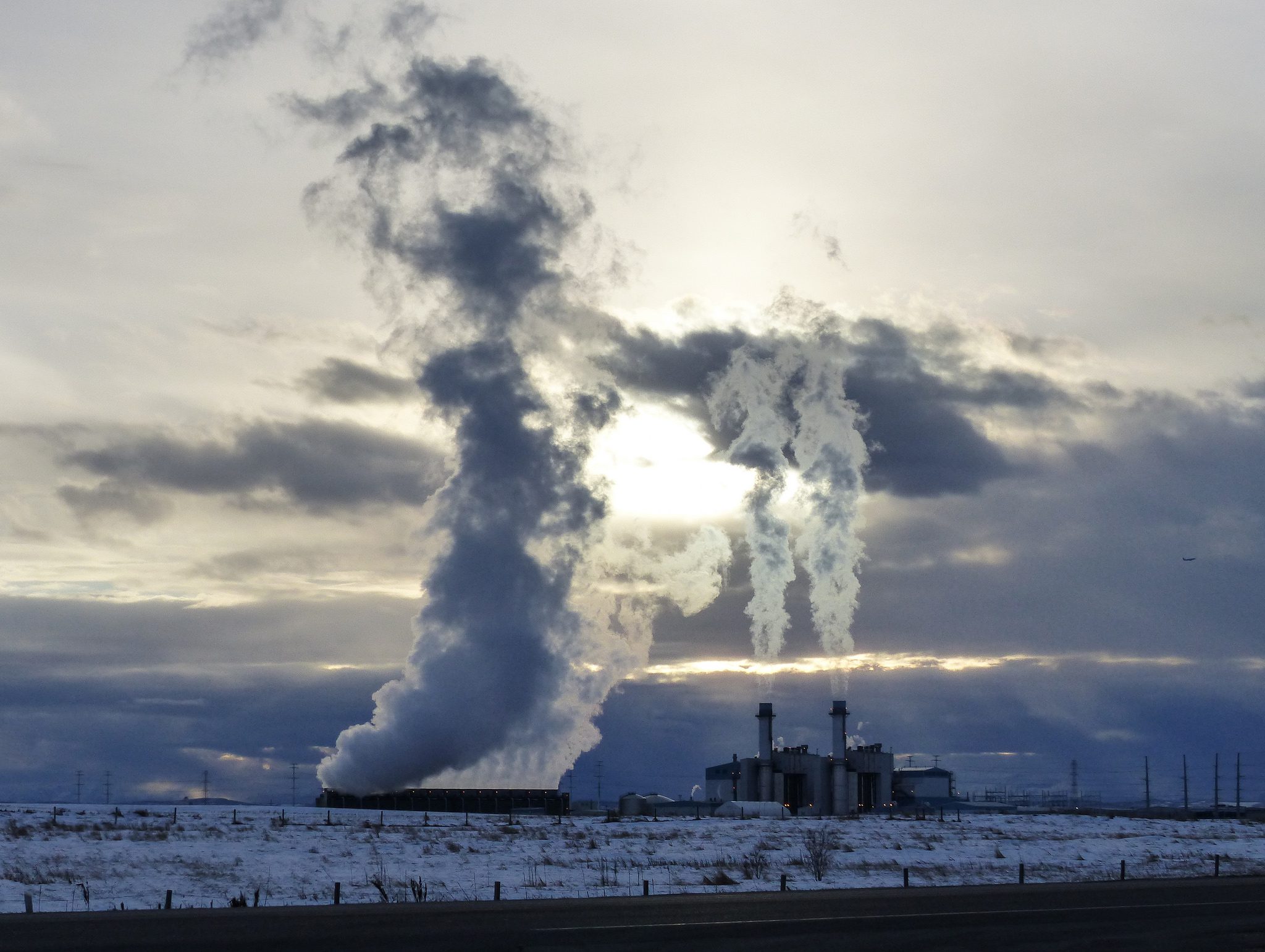With the federal and provincial governments set to release a pan-Canadian climate strategy in the next month or two, there are a number of must-have initiatives that should be part of the plan to reduce Canada’s carbon emissions. Among the options on the table, few would have a bigger impact than phasing out coal-fired power in Canada.
You can help make sure Canada does the right thing. Tell the federal government it’s time to become a leader on climate action.
Right now, Canada’s weak regulations allow for coal-fired power plants to pollute our shared climate until they’re 50-years-old. So Canada may still be burning coal for electricity in 2060. And yet, credible analysis shows that Canada could easily close down its remaining coal plants by 2030 at the latest.
Provinces are also showing that this is possible. Ontario shut down its coal plants within a decade, with the last plant closing in 2014. Last November, Alberta, with more coal plant emissions than all the other provinces combined, committed to phase out its coal plants by 2030. The federal government should work with Saskatchewan, Nova Scotia, and New Brunswick to close their plants on the same timeline.
The benefits would be substantial. Coal is the dirtiest fuel for generating electricity, so shifting to clean, renewable energy would have a significant impact on reducing carbon emissions. Recent research has shown that in order to limit global warming to below 2 degrees Celsius, the world will have to shut down some existing fossil fuel projects before the end of their economic lifespan. That’s because existing and under-construction coal, oil, and natural gas projects would use up more than the existing carbon budget that would keep temperatures at safe levels. With coal being the dirtiest fuel, it should be first to go.
Phasing out coal will also decrease local air pollution, improve the health of those living in the vicinity of coal plants, and even save lives. That’s why health associations recently called for an accelerated phase-out of Alberta’s coal plants. In Ontario, the number of smog days fell from 53 in 2005 to zero in 2015, largely thanks to the coal phase-out.
Smog days in Ontario fell from 53 in 2005 to zero in 2015 largely due to the coal phase-out.
Let’s hope the federal government and remaining provinces follow Ontario and Alberta’s lead.
Tell the federal government to step up and become a climate leader! And check out this provincial report card to see where progress on climate change can be made in other areas.










